Researchers eye a quick, functional screening test for COVID-19
The team from U de Montréal and ULaval hope to develop a rapid test before a second wave of the disease strikes.
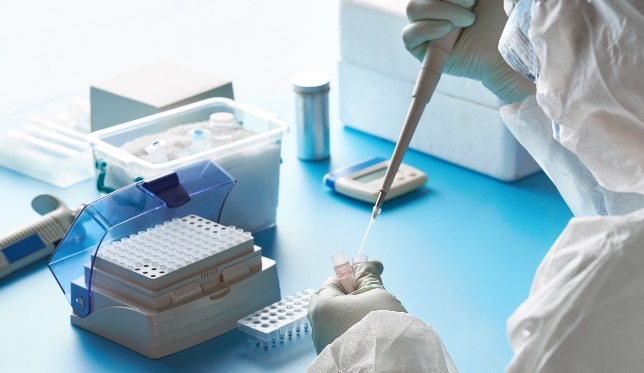
While a significant portion of the population finds itself temporarily out of work, this is certainly not the case for researchers developing the tools to fight COVID-19. In Quebec, a team specializing in biochemistry got the green light to develop a new test to detect the coronavirus in a few minutes, a process which currently takes several hours.
Led by Denis Boudreau, a professor of chemistry at Université Laval, the group includes Jean-François Masson and Joelle Pelletier, two chemistry professors from Université de Montréal. Chinese researcher Qing Huang, who has notably worked on the detection of the Ebola virus, as well as a dozen other researchers and students, are also participating in the effort. The project is supported by $1-million grant over two years, drawn from a special rapid-response fund of the Canadian Institutes of Health Research (CIHR) dedicated to the fight against the pandemic.
The screening approach the team is looking at is quite different from the one used so far. Current devices analyze the DNA of the virus’s genome from samples taken from the patient’s larynx, while the new tool aims to detect a patient’s antibodies to the virus. It can be used not only in hospitals and specialized clinics but also in the field. “It will become very important to know who has been infected with the coronavirus,” said Dr. Pelletier. “This helps to identify people who are at risk of contagion, but it also helps to establish whether certain people – healthcare professionals, for example – are infected or, on the contrary, are immune.”
The university’s quick response
Ironically, at the time of the interview, Dr. Pelletier herself was in quarantine and confined to her home, as she had just returned from a stay in Europe. She was impatient to join her colleagues, even though she had already started, virtually at least, to collaborate on the project.
Despite the closure of U de M during the pandemic, the researchers received authorization to continue their work, while respecting the rules of physical distancing. “The university’s response was quick and effective,” said Dr. Pelletier. She has everything in place to make it work. “Jean-François Masson and I can even enter our brand-new bio-secured laboratories on the MIL campus a few weeks earlier than planned.” The campus, complete with the new science complex, was built on the former Outremont trainyards, about a 30-minute walk from the main campus.
Students, too, are eager to participate – especially since some are unable to travel home due to the pandemic and therefore find themselves completely available. “It’s exciting to work on a project that has an impact on a such a major event, and we’re getting a lot of help from outside, both technologically and biologically,” said Dr. Pelletier.
The research could take around a year to materialize into a reliable, functioning device. It would therefore be especially useful in the next wave of the pandemic, she said – a possibility that no one wants to see happen, but for which it is better to prepare.
Featured Jobs
- Electrical Engineering - Assistant Professor (Electromagnetic/Photonic Devices and Systems)Toronto Metropolitan University
- Fashion - Instructional Assistant/Associate Professor (Creative & Cultural Industries)Chapman University - Wilkinson College of Arts, Humanities, and Social Sciences
- Economics - Associate/Full Professor of TeachingThe University of British Columbia
- Electrical and Computer Engineering - Assistant/Associate ProfessorWestern University
- Indigenous Studies - Assistant Professor, 1-year termFirst Nations University of Canada






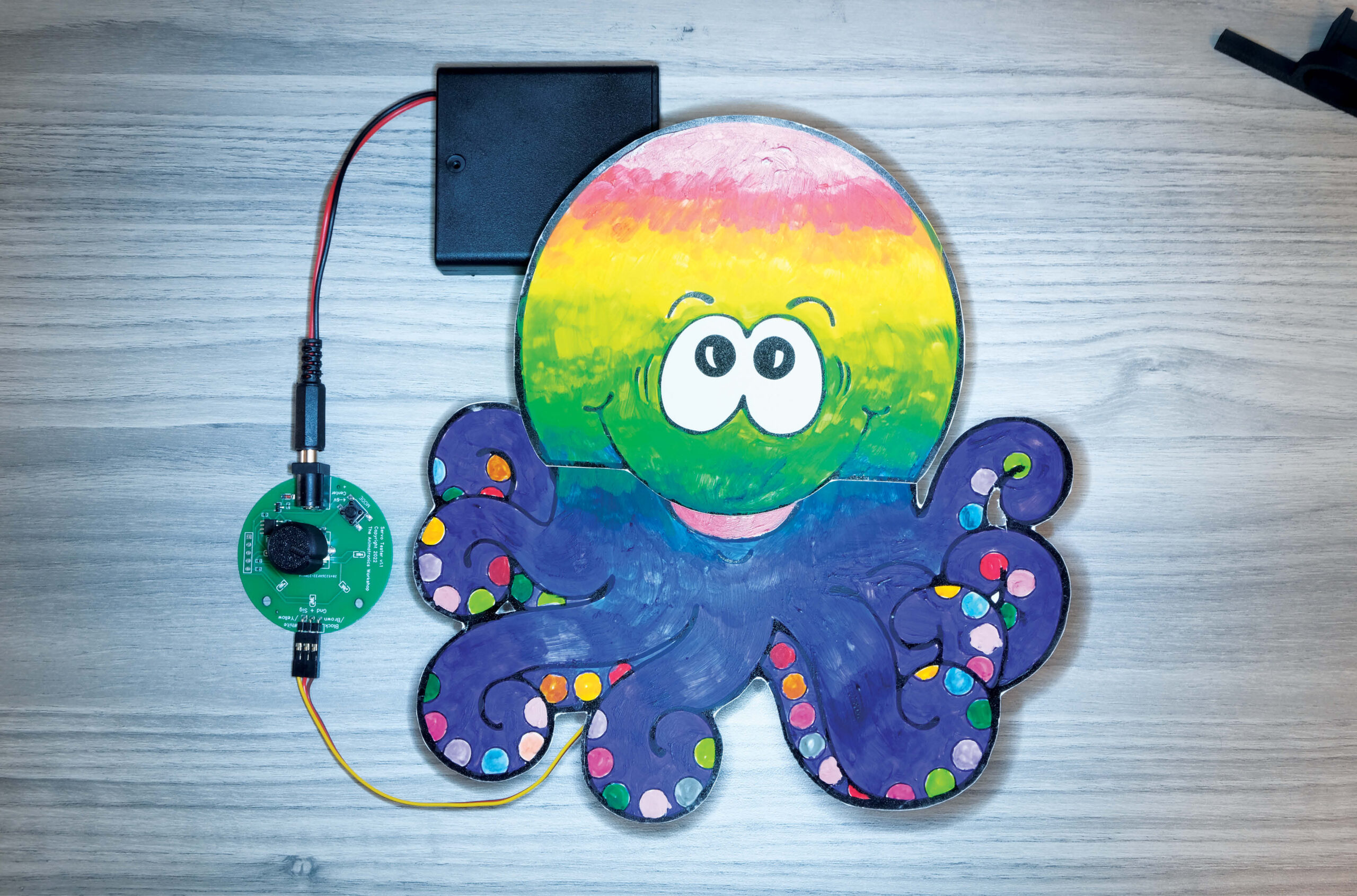



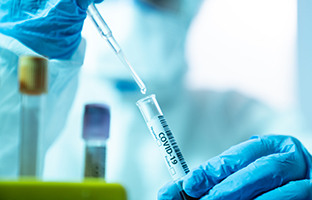

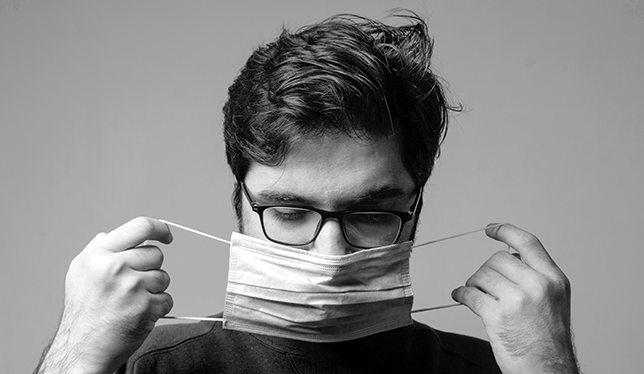
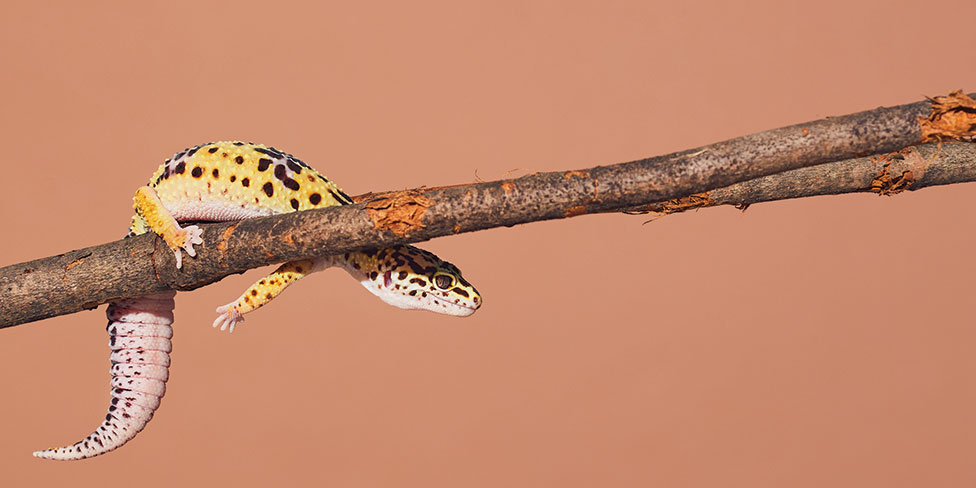




Post a comment
University Affairs moderates all comments according to the following guidelines. If approved, comments generally appear within one business day. We may republish particularly insightful remarks in our print edition or elsewhere.